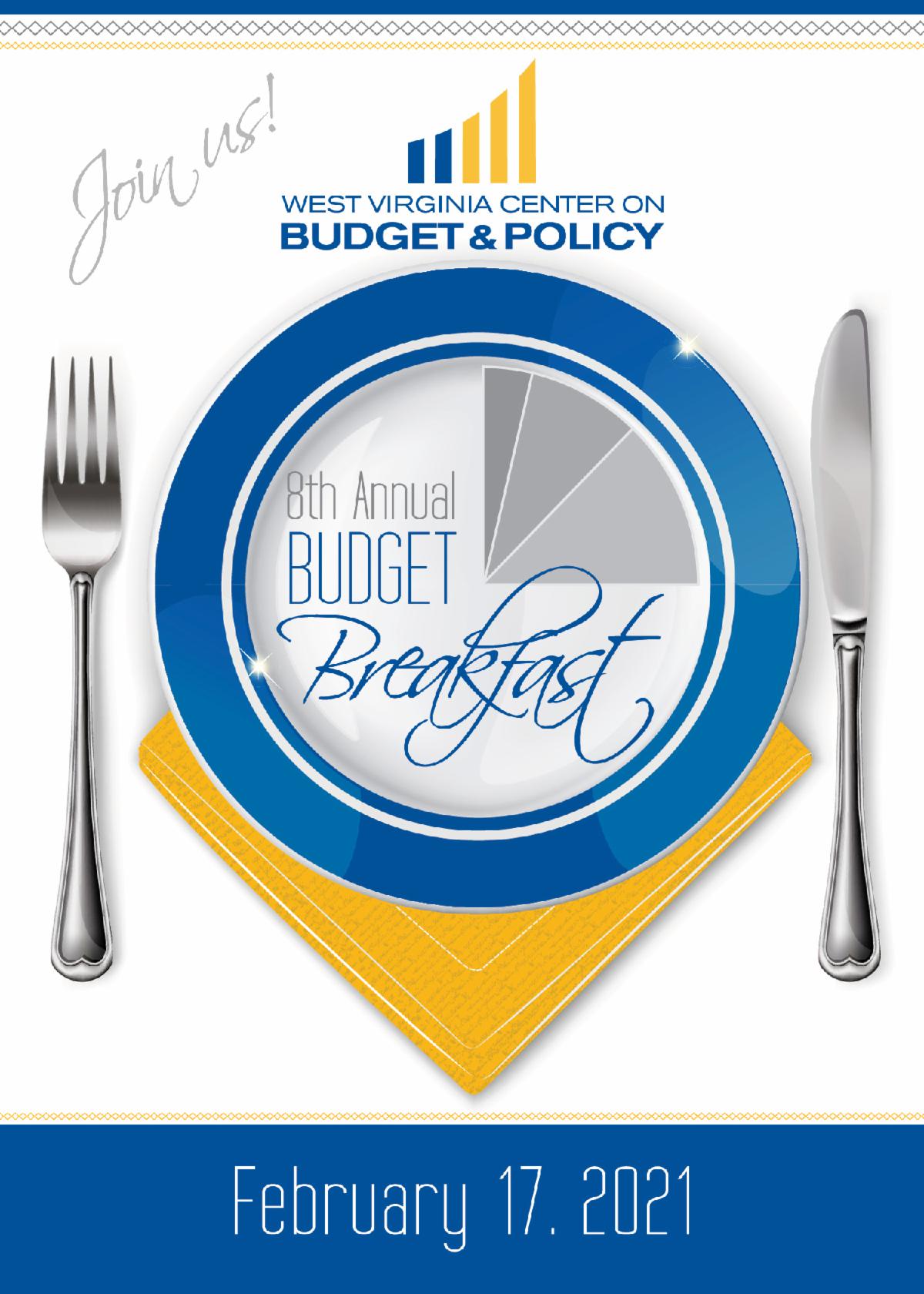When the COVID-19 pandemic began, West Virginia law enforcement and corrections officials moved quickly to reduce jail and prison populations. And while the prison population has remained lower than normal, since April, the jail population has steadily increased and was more than 35 percent overcapacity as of November 12.
Among the reasons for the burgeoning jail population is a persistently high number of defendants being held pretrial. Detaining such a large number of people pretrial puts people in regional jails at a higher and unnecessary risk of contracting COVID-19, increases the likelihood that already vulnerable people could lose their employment, and strains county budgets.
With the launch of the new West Virginia Criminal Law Reform Coalition website, people will be able see, likely for the first time, the weekly population count of West Virginia’s regional jails and what pretrial detention is costing our counties.
Read Quenton’s full blog post.
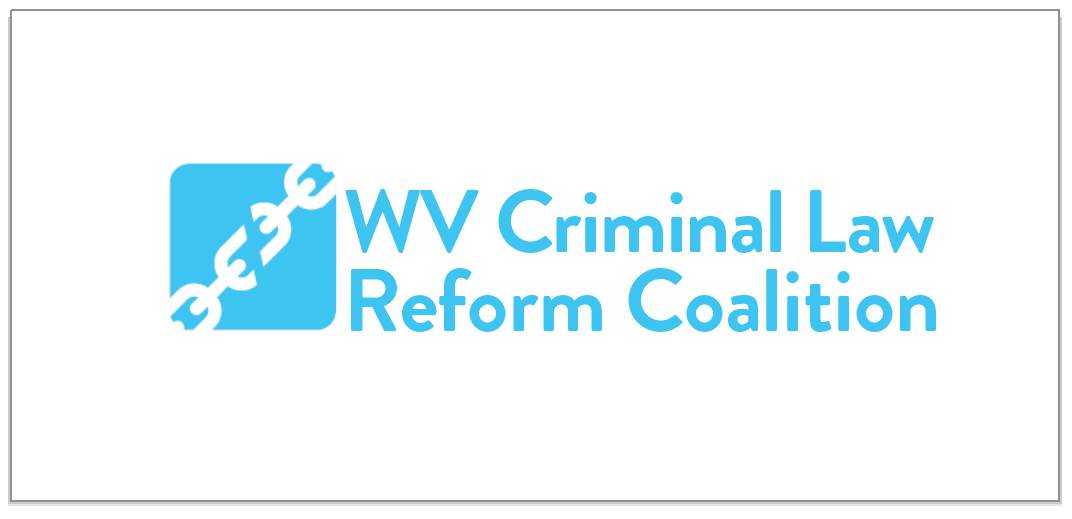
Someone, let’s say your sister, partner, or friend, gets hooked on opioids or stimulants, or a combination of both. We might view this as a personal tragedy, but it also has economic consequences. What is the cost to the person with a substance use disorder, their family, and the broader community?
WVCBP is preparing a report on the economic costs of the addiction epidemic in Kanawha County, which is set to be released in January 2021. Here we offer a sneak peek at some of our findings.
Read guest author Jill Kriesky’s full blog post.
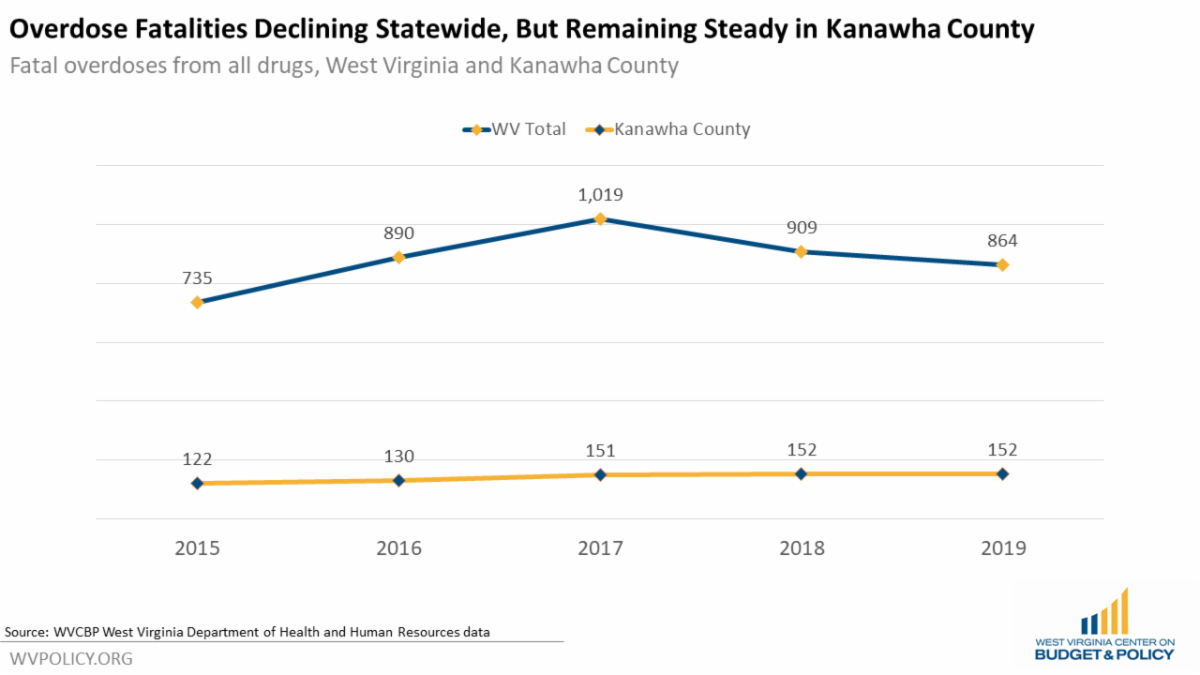
Amid a tumultuous year when national attention once again focused on the issue of racial inequality, our 13th annual State of Working West Virginia report provides robust data analysis highlighting the racial inequity that persists in West Virginia, as well as thoughtful policy solutions from local community leaders.
While the findings provided in this report reflect concerning levels of race-based inequity present in all areas examined, it is important to keep in mind that the data available for use came from even before the COVID-19 pandemic struck and was followed by economic collapse. These crises disproportionately harmed the Black community, so it is safe to assume that the extent of inequity has only increased since then.
Find the full report here.
Email info@wvpolicy.org to receive a free hard copy.
See what the media is saying about the report here and here.
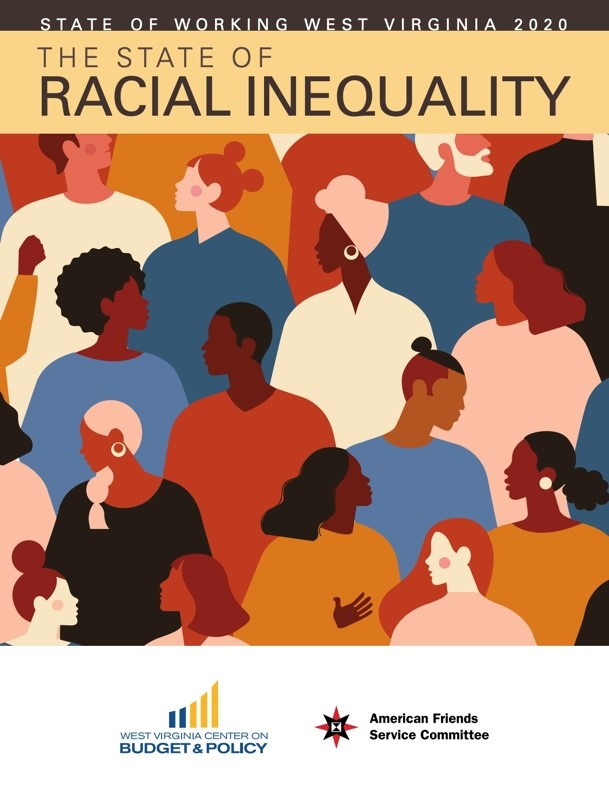
With Thanksgiving around the corner, hunger continues to run rampant in West Virginia.
In a survey recently conducted by the US Census Bureau, 57% of households with children reported that they are “not very confident” they will be able to afford needed food for the next four weeks. An additional 9% of households with children reported that they are “not at all confident.”
See the full survey results including national data here.
Learn more about the state of hunger in West Virginia and how we might work toward transformational change by checking out any one of the many incredible sessions offered by the Food for All Summit here.

In March, the U.S. Congress and President Trump passed the CARES Act, which provided Coronavirus Relief Funds (CRF) to states to help address the health and economic costs of COVID-19. West Virginia received $1.25 billion in April, of which over $900 million is allocated but remains unspent. Under federal treasury guidance, the funds must be used to cover costs that are necessary expenditures due to the public health emergency, not accounted for in state budgets, and incurred during a period between March 1 and December 30, 2020. This means that West Virginia has less than 60 days to spend over $900 million in a way that targets remaining funds to those West Virginians who need them the most.
The remaining allocated but unspent CARES Act funds represent a significant opportunity to address the extreme hardship present throughout the state. It has now been over two months since federal unemployment support expired. In a recent survey, 67 percent of West Virginia renters said they are at risk of being evicted in the coming months and nearly one in five households with children reported not having enough to eat over the last month.
Take action today and join 30+ organizations urging Governor Justice to support the People’s Proposal to help West Virginians by providing rental and utility assistance, support for child care centers and parents with child care needs, increased payments to unemployed workers, food and transportation assistance, and more.
Read the full proposal here.
Sign our petition here.

Our recent blog post explored how West Virginia Medicaid enrollment continues to rise even as unemployment claims level out.
In the effort to better advocate for improved Medicaid administrative policy, the WVCBP is soliciting feedback from West Virginians who have been enrolled in Medicaid in the last five years. If you or your family members fit this description, we invite you to please complete our survey.
We appreciate your time, thought, and willingness to help us improve the Medicaid experience for West Virginians.
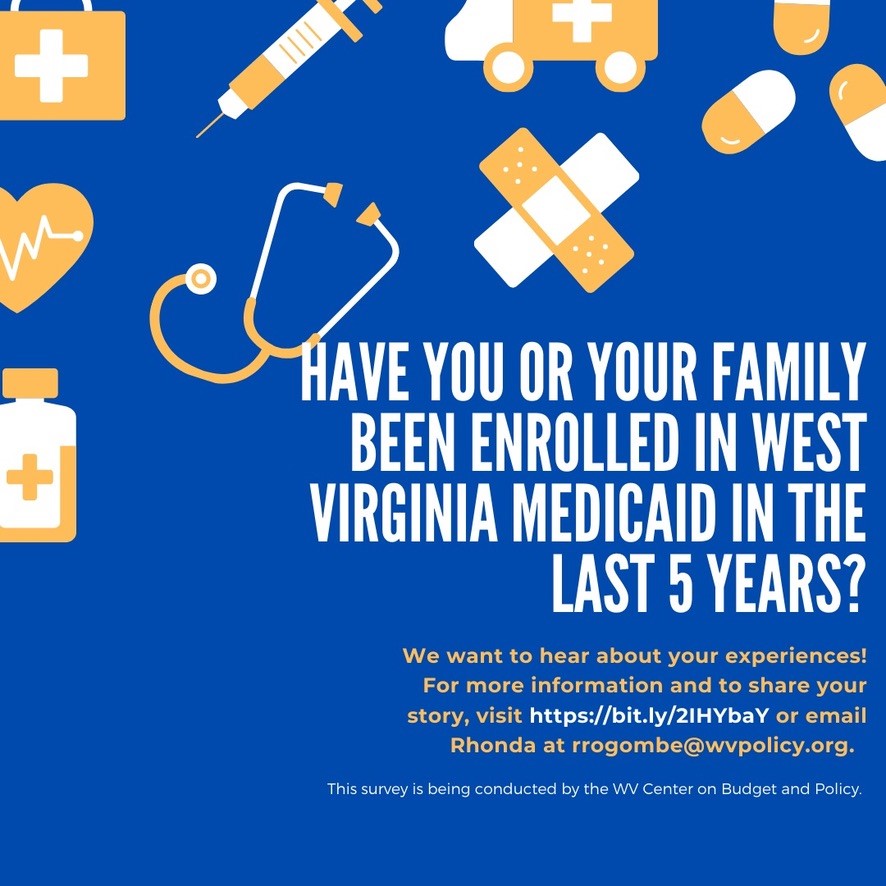
Did you know that millions of eligible people could miss out on their Economic Impact Payments (EIP) – commonly called “stimulus checks” – because they have to file an online form with the IRS to get it? While most people get their payments automatically after filing a tax return (or based on participation in certain federally administered programs), this group of “non-filers” must take additional action to get their money (worth $1,200 for adults and $500 for qualifying children).
An estimated 115,000 West Virginia residents did not receive their EIP automatically from the IRS, translating to $112 million in lost potential payments. Don’t leave money sitting on the table — if you are eligible, file for your EIP before the Nov. 21 deadline for paper claims.
Please note, per a federal judge’s recent ruling, incarcerated folks are eligible to receive the stimulus check. You can find a helpful list of FAQs about obtaining the payment for incarcerated people here.
Learn more about general eligibility and file for your EIP here.

Join us for our 8th annual Budget Breakfast!
Due to COVID-19 considerations, this year’s event will be held virtually via Zoom.
WVCBP’s analysis of the Governor’s 2022 proposed budget will start at 8:00am, followed by keynote speaker presentation and time for Q&A.
While attendees are welcome to join the webinar at no cost, we hope you will consider supporting the WVCBP’s work and contributing to our annual fundraiser by donating the usual cost of an in-person ticket ($40 before the end of year or $50 beginning Jan. 1, 2021).
Register here.
We hope to see you there!
